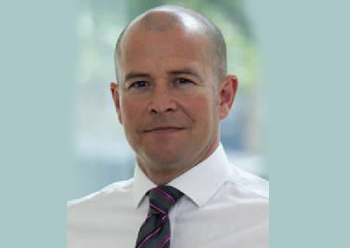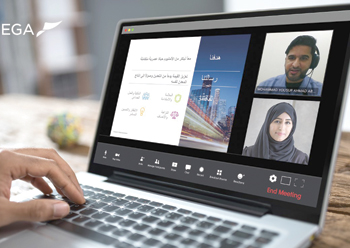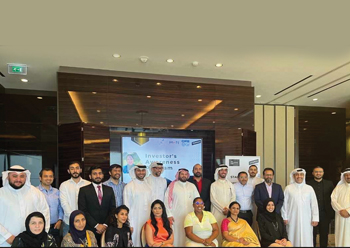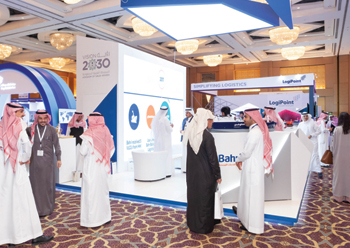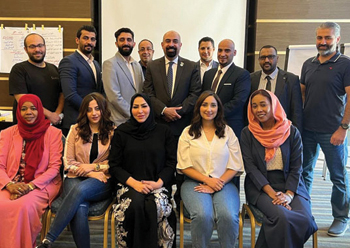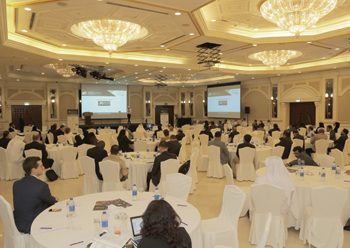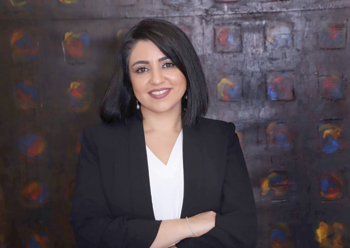
 Flavio Rocha
Flavio Rocha
Brazil, which has already attracted Arab investments worth over $185.45 billion in key sectors such as infrastructure, energy and sewage disposal offers the Arab world a lucrative business climate and strong legal security.
This was the pitch by Flávio Rocha, Strategic Affairs Secretary of the Brazilian Presidency of the Republic, at the Economic Forum Brazil and Arab Countries, which brought together several notable players from both regions.
Jair Bolsonaro, Brazilian President of the Republic, stated how the Arab world is the third largest foreign market for Brazil, after China and the US. Trade flow between Brazil and 22 countries from the Arab league reached $24 billion in 2021, with exports to the bloc totaling to $14.42 billion, which is a 26 per cent increase in revenue.
Similarly, exports from Brazil to the Arab world grew from $4 billion between January and April in 2021 to $5.2 billion in the same period of 2022. In addition, the Arab blocs sealed the fifth place among the top exporters of goods to Brazil, with the purchase volume of Arab products reaching $9.82 billion in 2021, an 82 per cent increase from the previous year.
Furthermore, Brazil is now the world’s-largest exporter of halal protein. In addition to poultry and beef, exports of sugar, soybeans, and wheat have also increased.
Rocha said: “Brazil and the Arab world have a multitude of business opportunities to develop together, and the present business environment facilitates this growth, further strengthening the economic ties between the regions.”
Bolsonaro stated: “One of our key objectives is to reach agreements with Arab countries to facilitate investments and prevent double taxation. The results of the free trade agreement with Egypt serve as an inspiration for other initiatives within Mercosur, such as the ongoing negotiations with the UAE. We firmly believe that the prospects of economic cooperation between Brazil and the Arab world have only begun to be explored.”
Over 300 members, from diplomats and state authorities to entrepreneurs, attended the event held by the Arab Brazilian Chamber of Commerce (ABCC).
According to Lucas Ferraz, Foreign Trade secretary of the Brazilian Ministry of Economy, the current business environment is the result of a series of measures adopted by the federal government to reduce the ‘Brazil Cost’ and expand the country’s global market participation.

